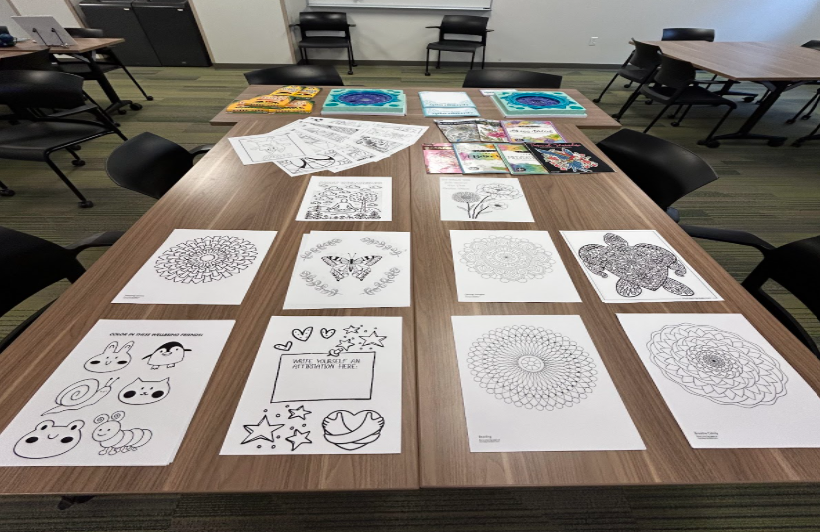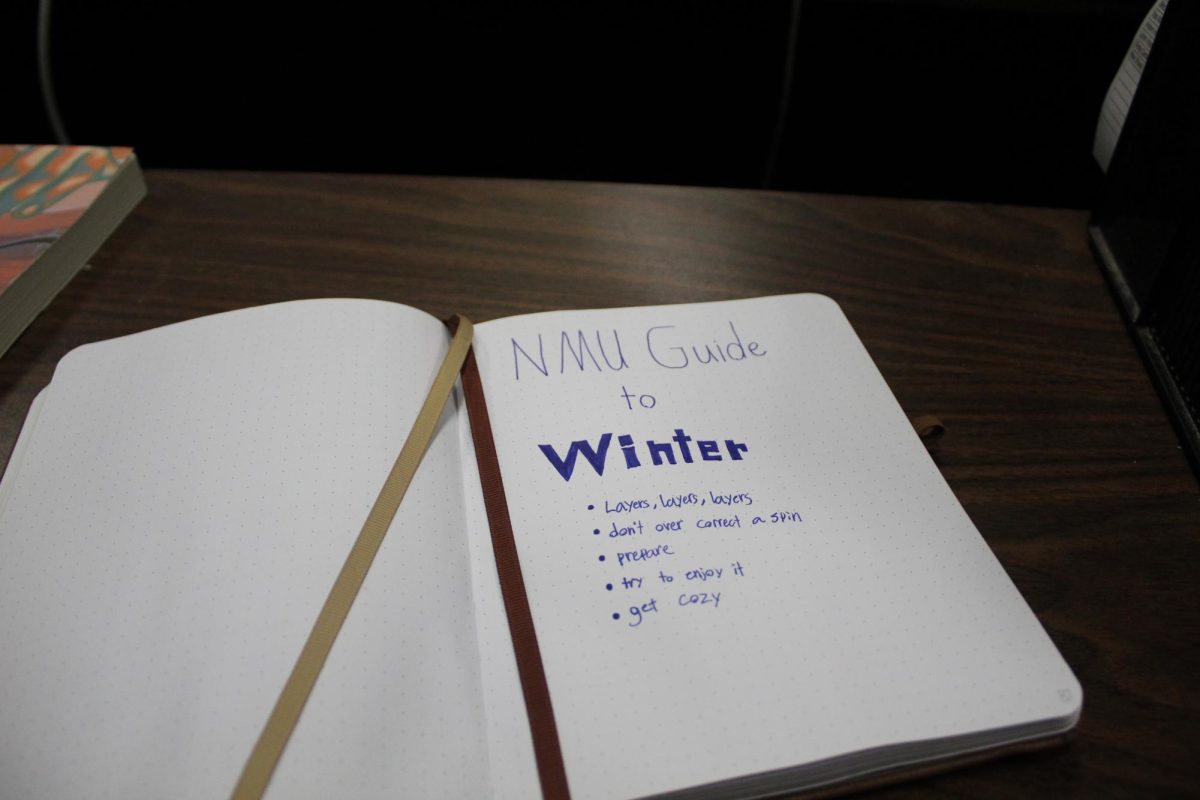The most commonly abused drugs in Marquette County in 2019 were crystal meth and MDMA, or molly, a stimulant which alters mood and perception, according to data provided by Upper Peninsula Substance Enforcement Team (UPSET) and Detective 1st Lt. Bob Pernaski.
Users tend to be younger people, likely in the age range of 1835, including young adults and late high school students, Pernaski said.
In 2019 the UPSET team had 40 cases of crystal meth seizures and arrests in Marquette County, with a total volume of 384 grams seized. This was followed by the second most common, MDMA. There were eight cases involving MDMA, with 957 grams seized. Ritalin was the third most popular, with five cases and 29 grams total. This was followed by Suboxone with seven cases totalling 13.25 grams. In one case, 700 grams of MDMA were seized at one time on the east side of Marquette.
UPSET covers all 15 counties in the U.P., including Marquette County. It deals on a limited basis with NMU campus, and not very often, as student drug use is usually dealt with by NMU.
“I would say there is a significant drug problem in the U.P.,” NMU Public Safety detective Jon Kovar said. “The same opioid problems that we have throughout the country are present in the U.P. Also, the Upper Peninsula has a large amount of methamphetamine use. Not necessarily on campus.”
Prescription drugs are usually diverted illegally, whether stolen or by family members, or bought illegally. The most frequently abused prescription drugs are Ritalin, Adderall and Suboxone, Pernaski said. Adderall and Ritalin are used to focus.
“There’s a lot of stress right now,” Pernaski explained. “We live in a highly stressful society, and certainly students on campus have a lot of stress with their classes. They’re used as relaxants.”
Although hard drugs are the primary issue in the wider U.P., Kovar said marijuana tends to be the most commonly encountered drug on campus.
“There seems to be some confusion, you know, in the State of Michigan with the legalization of recreational marijuana recently. Just so people are aware that doesn’t necessarily affect campus due to something called the Drug Free Schools Act,” Kovar said.
This law prohibits drug use on campus because NMU receives funding from the federal government, in addition, campus policy prohibits the possession and use of marijuana. Students violating that policy, which is part of the code of conduct, can be subject to disciplinary action by the Dean of Students.
Students should also be aware that to legally use marijuana off campus, they must at least be 21 years of age.
“Obviously anytime someone is taking a mind-altering substance, it’s going to affect their studies. That’s what people come to NMU for, to get an education, to get their degree, to learn skills to be successful later in life. And any time you’re taking something that’s going to impair your cognitive ability, it could negatively impact that,” Kovar said. “Just know that there’s resources available.”
Resources available to students include the counseling center on campus, the Vielmetti Health Center, the local hospital and the campus police department, Kovar said.
Pernaski concurred with Kovar that among students, marijuana tends to be the most frequently abused mind-altering substance. His concern centered on the strength of its active component.
“The problem with marijuana is 20, 30, even 40 years ago, in the 70s and 80s the THC level in marijuana was a lot lower than it is now,” Pernaski said. “It’s not the marijuana our parents used. It’s stronger.”
As for street drugs, Pernaski does not recommend students becoming involved in them in any capacity.
“The best advice of course is to stay away at all cost,” Pernaski said.
He cautioned that oftentimes drugs such as heroin are cut with another agent, such as fentanyl. Used to bring on a greater high, even small doses of fentanyl can be fatal almost instantly. According to the Center for Disease Control and Prevention, there were over 28,000 deaths involving synthetic opioids, such as fentanyl, in the United States, exceeding the amount of deaths involving other opioids.
“The uncertainty of not knowing what you’re getting should scare the daylights out of anybody,” Pernaski said.
Pernaski and both his daughters went to NMU, and he is aware of the dynamics involved in the student experience, and that attitudes towards substances can often lean towards experimentational.
“We all know [college] is a time for experimentation,” Pernaski said. “The problem now, and it’s always kind of been this way, is you have to be really careful of what you’re experimenting with because some of the street drugs, especially the hard ones, like I said the heroin and fentanyl, they can be fatal.”
Pernaski said he is not aware of any student deaths related to drugs. However, he cautions students to be aware of how they choose to experiment during their college years and where they are obtaining any drugs. If trying street drugs, students could encounter heroin laced with fatal amounts of fentanyl.
“I probably sound like an old dad here, which I am, but you gotta be careful, especially with heroin, which can be laced with fentanyl. And anything can be laced with anything,” Pernaski said. “The drugs don’t know borders. The drugs coming in, whether it’s with a student on campus or at an apartment in Houghton, the drug doesn’t know any difference.”


































